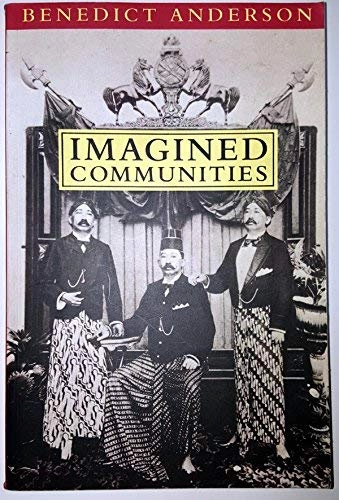

Imagined Communities: Reflections on the Origin and Spread of NationalismUpplaga 2
- Upplaga: 2a upplagan
- Utgiven: 1991
- ISBN: 9780860913290
- Sidor: 224 st
- Förlag: Verso
- Språk: Engelska
Om boken
Åtkomstkoder och digitalt tilläggsmaterial garanteras inte med begagnade böcker
Mer om Imagined Communities: Reflections on the Origin and Spread of Nationalism (1991)
1991 släpptes boken Imagined Communities: Reflections on the Origin and Spread of Nationalism skriven av Benedict Richard O'Gorman Anderson, Benedict R. Anderson. Det är den 2a upplagan av kursboken. Den är skriven på engelska och består av 224 sidor. Förlaget bakom boken är Verso.
Köp boken Imagined Communities: Reflections on the Origin and Spread of Nationalism på Studentapan och spara pengar.
Referera till Imagined Communities: Reflections on the Origin and Spread of Nationalism (Upplaga 2)
Harvard
Oxford
APA
Vancouver



















